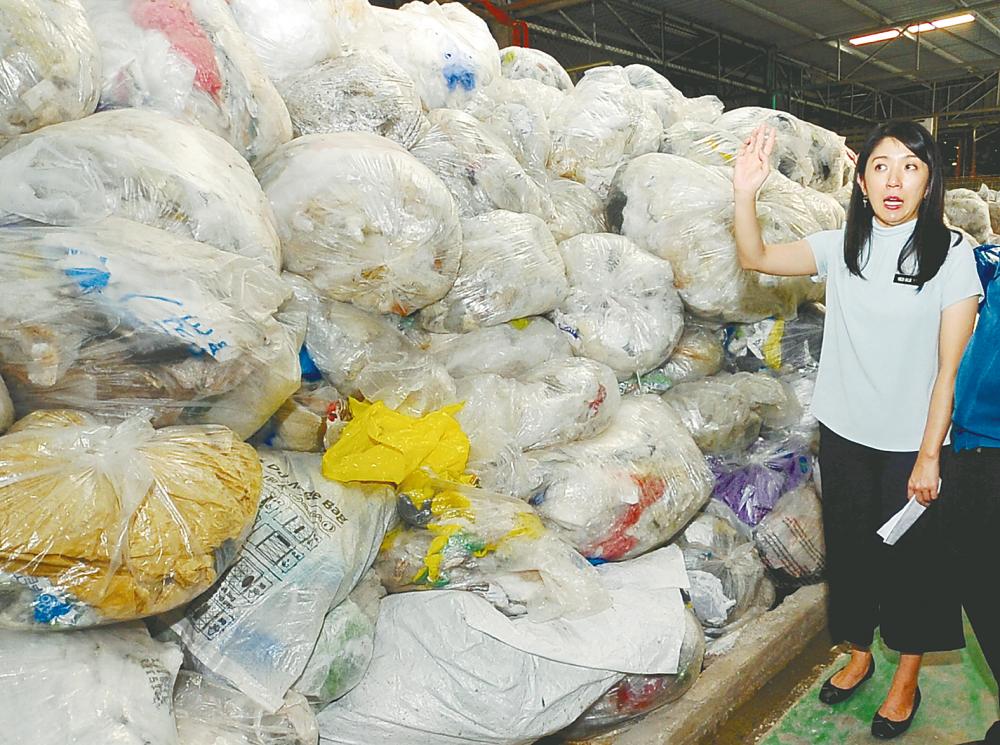SINCE the first Earth Summit in Rio de Janeiro in 1992, the world community has strived for sustainable development, which means development that meets the needs of the present without compromising the ability of future generations to meet their own needs. Advocates of sustainable development agree that we are going to deplete the planet’s limited resources unless humans change the way goods and services are produced and consumed.
Since then, many international agreements have been signed and ratified to protect natural environments and prevent pollution. Among the best known ones are the Basel Convention, the Montreal Protocol, the Marpol Protocol, the Convention on Biological Diversity, the Kyoto Protocol, and the Paris Agreement.
Despite these agreements, environmental conditions around the world have become worse and the quality of life of many people has deteriorated. Non-compliance with environmental laws is an important factor for the degradation of the environment and the quality of life in many places.
Most countries have a set of laws to protect the environment and to promote the welfare of their people even though the standard and emphasis may be different among countries. These include laws that protect the hills and hill slopes, heritage sites, forests, rivers and coastal waters, endangered animals and rare plants.
There are also laws that regulate the disposal of toxic and hazardous wastes, discharge of effluents and emission of gasses.
Many environmental laws are also at the level of municipal rules and regulations. Towns and cities are empowered to formulate and enforce plans to ensure that the built environment is safe and pleasant for human occupation and efficient for the conduct of businesses and the pursuit of self-fulfilment.
Generally, people comply with rules because of material self-interest or pure altruistic reasons. Those who comply because of altruistic reasons make their choice on moral principles. They do what they believe to be right, no matter what the financial cost. Unfortunately, in most societies, those who comply with laws out of moral convictions are very few.
The majority of people are what Margaret Levi, a political scientist, calls “contingent consenters”. These are people who would like to act morally and contribute to societal good, but only under certain conditions. They will do so if they perceive the government as fair and following its own laws, and if they are assured that other citizens will also comply. In other words, most people will comply with environmental laws and municipal rules and regulations if government acts responsibly and holds itself and other citizens accountable. For this to work, those who break the laws must be identified and punished.
There are many examples of international environmental laws being flouted. Take, for example, hazardous waste. While the Basel Convention has been generally successful in curbing unlawful movement and disposal of hazardous waste around the world, there are still many instances of secret shipping and dumping of waste.
According to the UN Environmental Programme (UNEP), 90% of the world’s electronic waste is illegally dumped or traded every year. Usually, such e-waste is shipped from richer, more developed countries to poorer, less developed countries. Clearly the corporations and government agencies that allow this illegal dumping have decided that compliance is not worth their while.
The electronic waste example is another facet of the trans national problems of waste such as that of foreign plastic waste that was written about in this column two weeks ago. In that case, plastic waste from developed western countries, such as the United Kingdom, Australia, the United States and Germany, are being smuggled into our country in large amounts.
Energy, Science, Technology, Climate Change and Environment Minister Yeo Bee Yin reiterated her commitment to this problem at a press conference at Westports, Port Klang, two weeks ago. She said that more international cooperation was needed, and that her ministry would go full force to crack down on syndicates responsible for illegal plastic waste imports. The exporters would be given three months to send back the waste as specified under the Basel Convention.
It is commendable that our government is taking steps to increase environmental accountability and regulatory compliance at the national and international level. We must also do the same and expect the same of our neighbours and local and municipal authorities. If municipal rules and regulations and development plans are complied with, urban areas will be more conducive for work, bringing up families and having a good standard of living. We will also contribute towards protecting the health of our planet.
Datuk Dr Goh Ban Lee is interested in urban governance, housing and urban planning. Comments: letters@thesundaily.com














